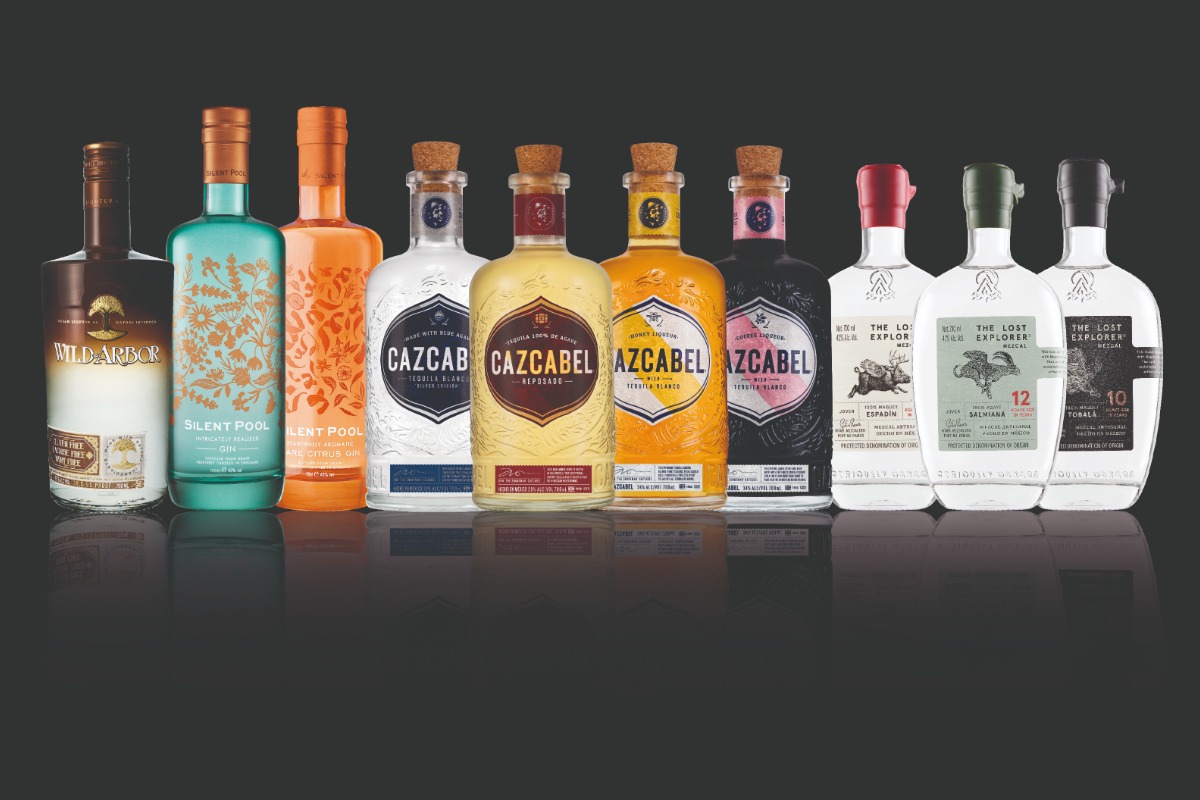Proof Drinks Australia believes that sustainability will become a key driver of Australian buying habits.
Consumer research published by the IWSR suggests nearly half of American drinkers have altered purchases as a result brand’s environmental initiatives.
This analysis follows British-based research by Deloitte that found one in three consumers stopped purchasing certain brands that did not align with their ethical beliefs.
Proof Drinks Australia’s Managing Director, Drew Doty, believes that this change in consumer behaviour will be seen in Australia too: “Brands in the European and US Markets are increasing focus on sustainability, and the shift is certainly happening here in Australia too.”
“With these changing customer behaviours, Proof Drinks Australia have been championing specific international brands that reflect this heightened interest, focusing on those that are specifically minimising their footprint via the reduction of single use materials and water wastage,” Doty added.
Proof Drinks Australia launched in 2021 and has imported a number of sustainable alcohol brands to the Australian market, including: Silent Pool Gin, The Lost Explorer Mezcal, Cazcabel Tequila and Wild-Arbor (a clear cream liqueur).
With the month of March a key time for sustainability, encompassing Clean Up Australia Day, World Water Day and Earth Hour, Doty is hoping that environmentally-friendly brands will be front and centre in the minds of consumers.
“The sheer attention that sustainability gets at this time of year certainly contributes to consumers evaluating their own environmental impact from waste and plastic in particular.”
Proof Drinks Australia is keen to stress the sustainability of the brands it distributes.
“With drinks producers across the world now making efforts to offset their impact on the environment, we’re seeing nuanced ways of crafting sustainable alcohol products like we’ve never seen before. In the UK, for example, alcohol brands are using food by-products to create alcohol variants,” says Doty.
Silent Pool Gin, for example, uses a boiler that is fuelled by hydrogenated vegetable oil in place of red diesel, and presents its spirit in a 100 percent recyclable woodland gin bottle.
“We’re already seeing enormous success at faster rates for brands who have a focus on environmental preservation and climate change, such as Cazcabel Tequila, which has grown 300 per cent due to its alignment with consumer trends and commitment to sustainability,” Doty adds.
Cazcabel Tequila’s approach ensures a stable ecosystem, with the distillery built around existing woodlands, and committed to reforestation.
Cazcabel sells its tequila in recycled glass bottles, and is developing a distillery fuelled by a combination of both solar and natural gas power, as part of its ‘global carbon offset mission.’
And there are potential rewards for producers that go beyond net-zero, and actually begin to have a positive impact on their local environment, as Doty outlines: “Another trend taking off overseas that we can expect to see within the local market is the surge of climate positive spirits that claim to put back more than they take.”
“Certain UK distillers have found ways to produce their products without requiring synthetic nitrogen fertiliser so there’s no negative environmental impact on waterways and soils, to create the world’s first carbon-negative distilleries.”
With the Australian consumer increasingly aware of the environmental impact of their purchasing choices, drinks-makers found right here are also adapting.
“Australian brands are aligning their sustainable interests with their competitors overseas, and they are finding more creative ways to produce alcohol products whilst reducing their environmental impact for long-term survival,” Doty concludes.

